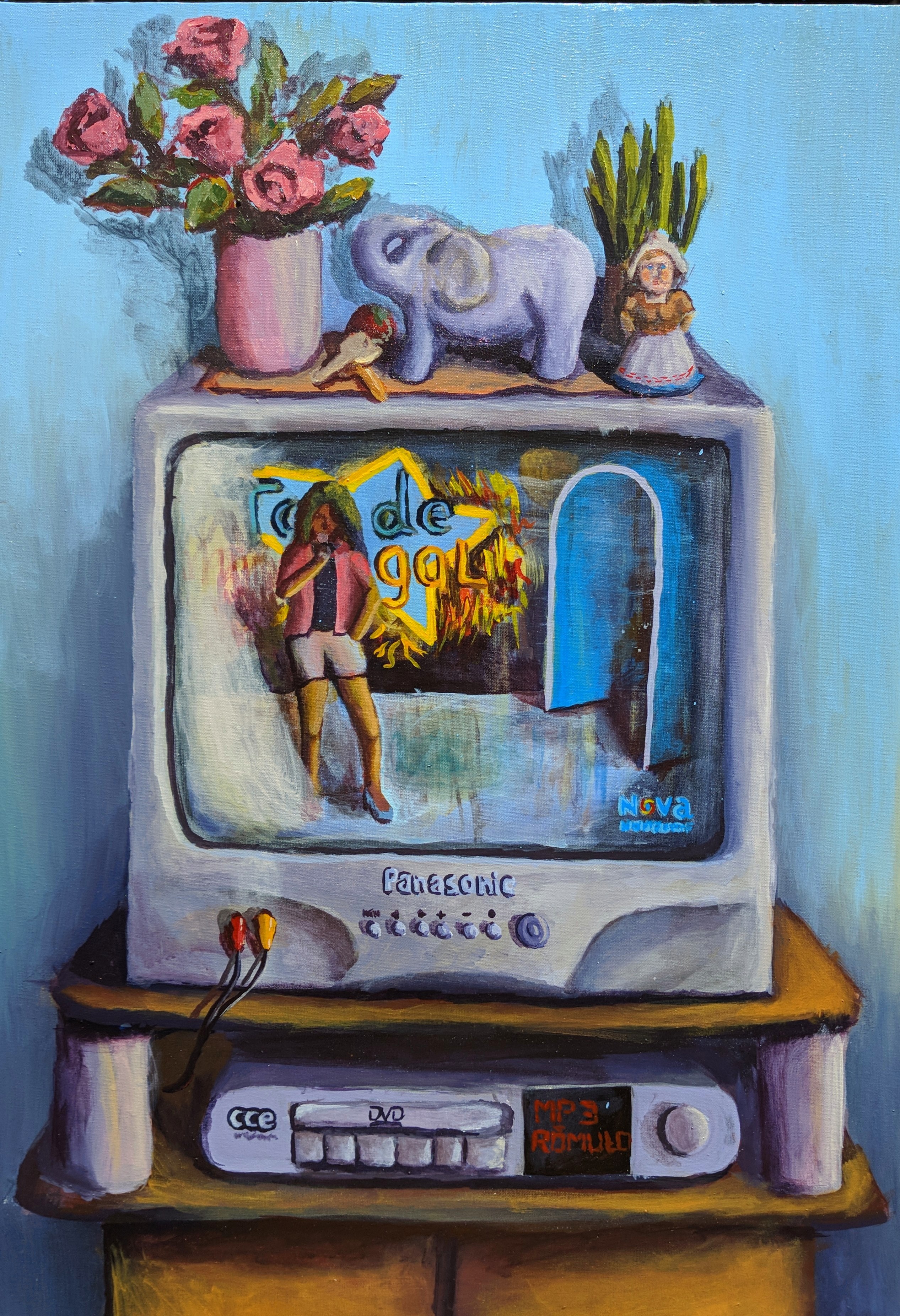Estratégias para tradução de literatura chicana
Abstract
Constituted from the contact between the Hispanic culture of Mexico and the Anglo-Saxon culture of the United States, the Chicanos are a people that wants to assert themselves as an autonomous, hybrid and mixed-race community, therefore, as something new and different in the U.S. context. From their multiple cultural matrix, the Chicanos come up with another way of speaking and of expressing themselves, their world and their worldview, and the hybrid language that arises has a remarkable presence in this group literature, whose general purpose is to represent, (re)elaborate and express the Chicano identity. Their literature also fulfills the function of a denouncing instrument, one of struggle and resistance for their community, and brings the voice of the Chicano being, materialized by its authors in the use they make of this multiple and plural language, foundation of these subjects. Chicano literature, thus, is part of the great movement for Chicano assertion, constituting to this ethnic group an important resource for identity construction and sociocultural resistance. The purpose of this study is to present a set of strategies for translating texts from Chicano literature, doing this through a translation exercise of the text Pensamiento Serpentino, by the Chicano playwright Luis Valdez.







